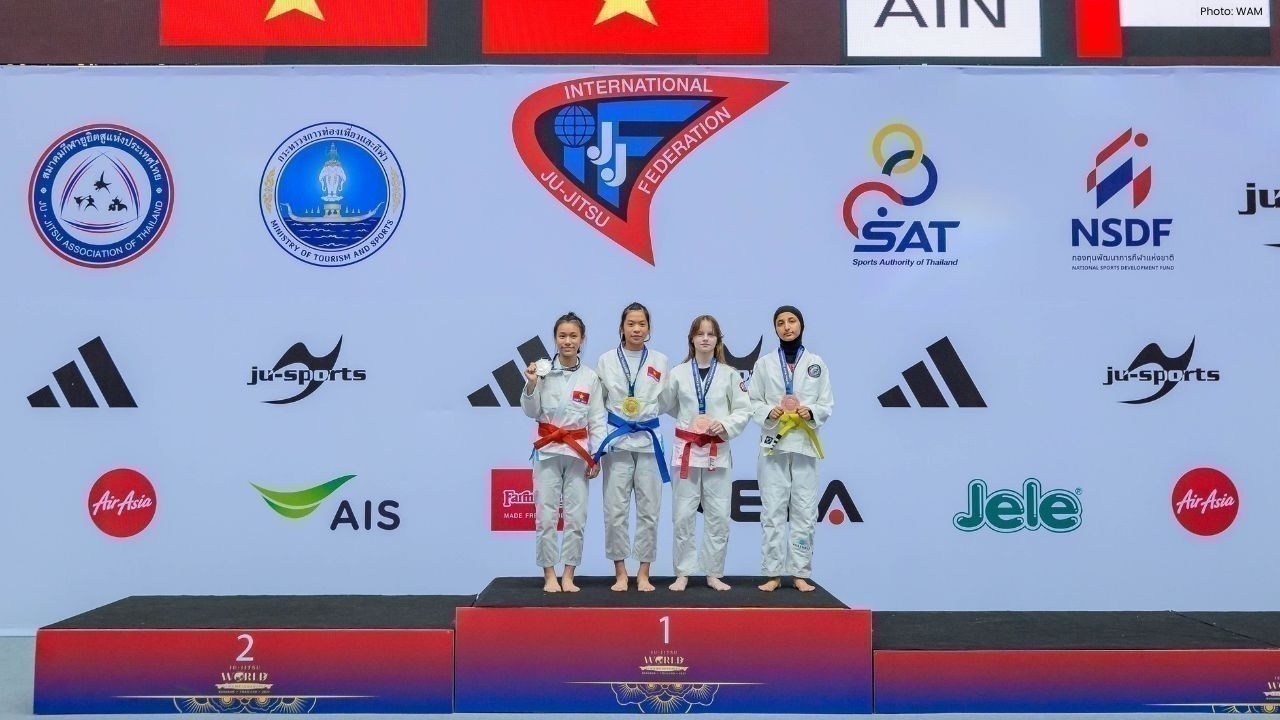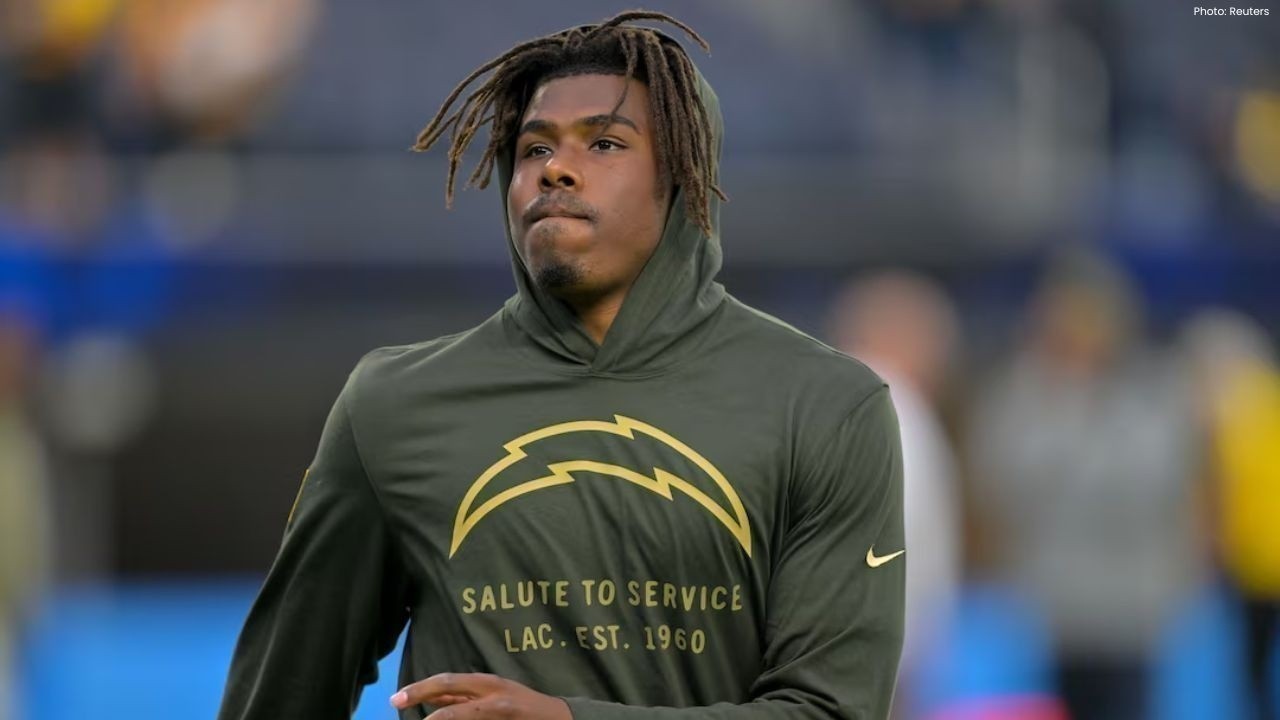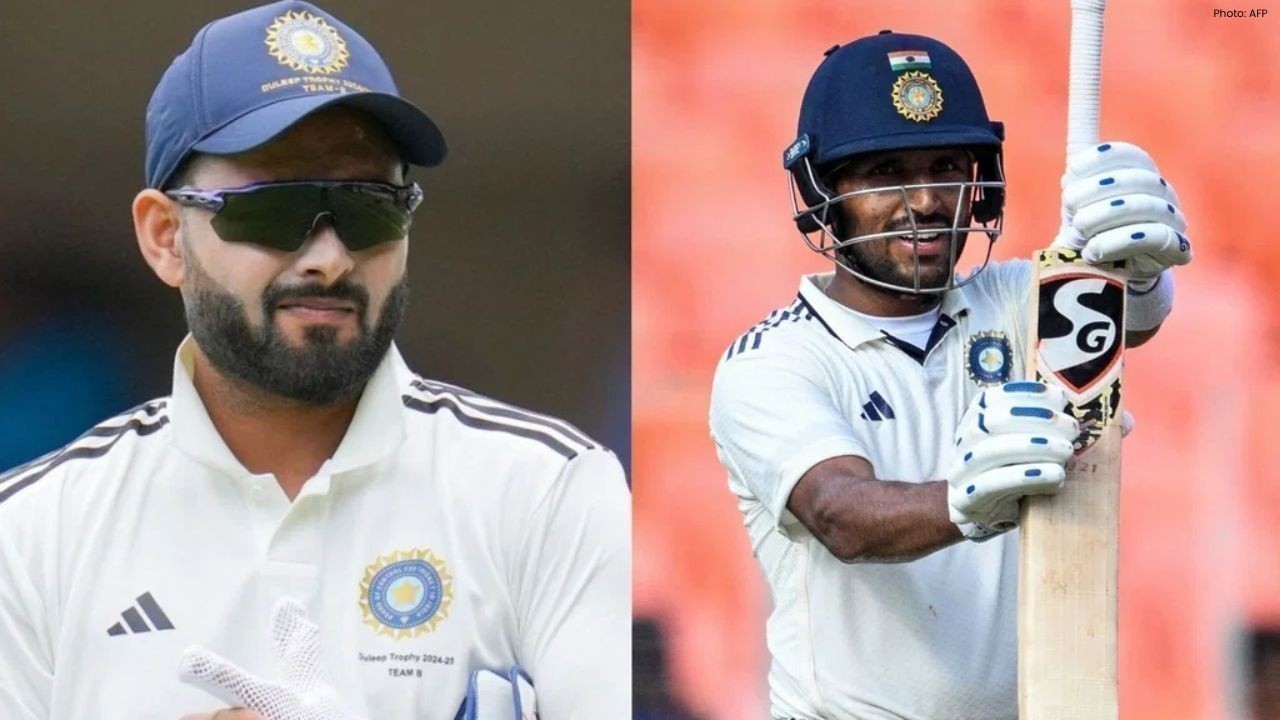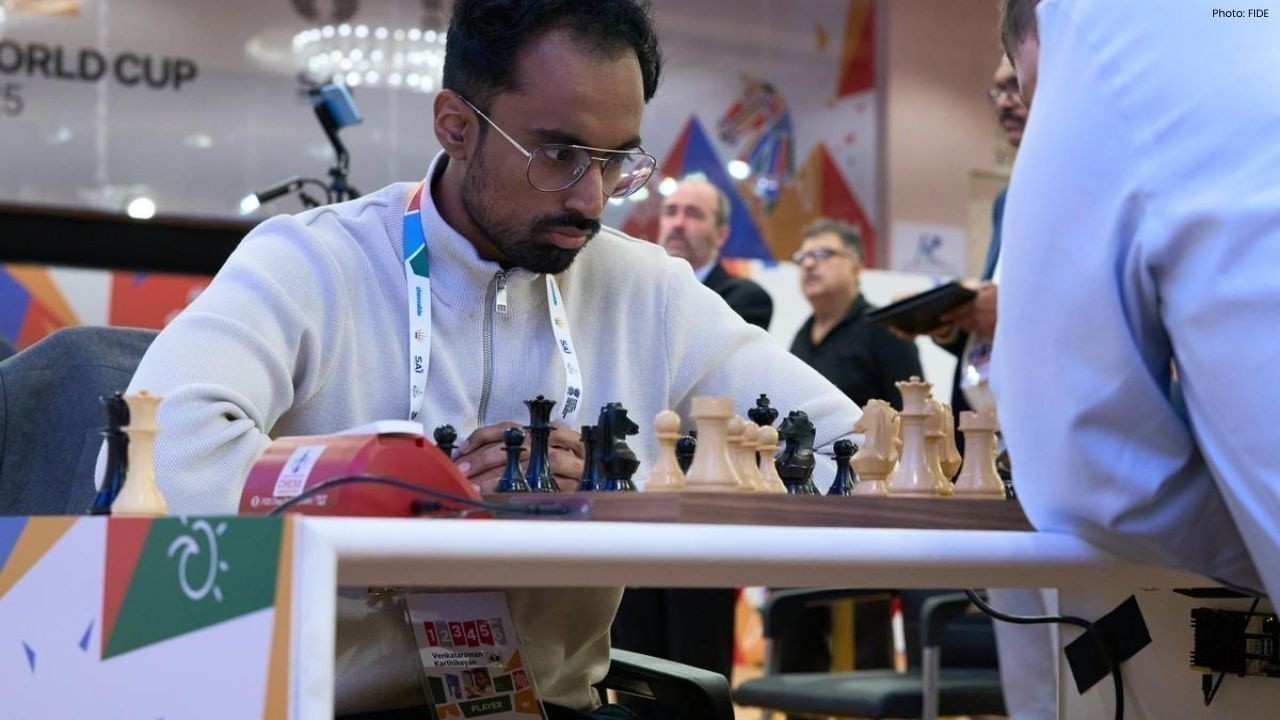
Post by : Michael Darzi
Most of us believe that the key to better health lies in strict diets or long hours at the gym. But what if improving your weight and sleep didn’t depend on what you eat, but when you eat it?
Late-night eating is a habit many people have developed without realizing how much it affects their body. Whether it’s snacking while watching TV, eating dinner too late, or grabbing fast food after work, these habits can slowly impact your digestion, sleep, and weight.
Health experts say that meal timing plays a big role in how our body functions. Simply avoiding food too close to bedtime can help you sleep better, boost your metabolism, and even support healthy weight management. It’s one small change that can make a surprisingly big difference.
Our bodies work according to something called the circadian rhythm — a natural 24-hour cycle that controls when we feel awake, tired, or hungry. It also affects how our body digests food.
During the daytime, your metabolism is active. Your body uses food as energy for movement and activity. But at night, your metabolism slows down as your body prepares for rest. When you eat late, especially heavy or sugary meals, you force your system to work overtime when it should be recovering.
Here’s what happens when you regularly eat late:
You might sleep poorly because your stomach is still digesting food.
Your metabolism becomes slower, leading to weight gain over time.
Food eaten at night is more likely to be stored as fat instead of energy.
You can experience bloating, acid reflux, or heartburn.
You wake up feeling tired, heavy, or low on energy.
In short, your body isn’t built to digest large meals while you sleep. It needs time to rest and repair — not process food.
Nutritionists recommend finishing your last meal 2 to 3 hours before you go to bed.
This allows your body to digest properly before you lie down.
For example:
If you sleep at 11 PM, your dinner should ideally finish by 8 PM.
If you work late hours, keep your last meal small and light — such as soup, salad, or fruit — and have it at least two hours before bed.
This approach gives your digestive system time to settle, keeps your blood sugar balanced, and prevents your body from storing extra calories as fat.
Making this simple change in your eating schedule can bring visible results within weeks. Here’s what happens when you stop eating late:
Eating too close to bedtime keeps your digestive system busy. When your stomach rests, your mind can rest too. People who finish dinner early often say they fall asleep faster and wake up feeling more refreshed.
By giving your body enough time to digest, your metabolism stays strong. This helps you burn calories more efficiently and use stored fat for energy — even while you sleep.
Late-night snacks are often high in sugar or salt. Skipping them keeps your blood sugar steady and reduces junk food cravings the next day.
Studies show that eating late increases fat storage, especially around the belly area. Finishing meals earlier helps your body use energy instead of storing it.
Your stomach and intestines work better when not overloaded before sleep. This means less bloating, acidity, and discomfort at night.
If you genuinely feel hungry before bed, don’t force yourself to stay hungry — just make a smarter choice.
Go for light, easy-to-digest snacks like:
A ripe banana or apple
A handful of nuts (almonds or walnuts)
A small bowl of plain yogurt
A cup of warm milk with a pinch of cinnamon
A mild herbal tea like chamomile or mint
Avoid heavy or spicy food, sweets, and fried snacks at night — they can raise your blood sugar and make it harder to fall asleep.
Changing habits can take time, but these small steps can help you stop eating late:
Stick to a regular dinner schedule. Try to eat at the same time every evening.
Don’t skip daytime meals. Skipping lunch or snacks often leads to overeating at night.
Drink water or herbal tea after dinner. Sometimes thirst feels like hunger.
Brush your teeth early. It tells your brain that “eating time” is over.
Avoid late-night TV or scrolling. Watching food ads or cooking videos can trigger cravings.
Go to bed earlier. A regular sleep schedule helps prevent late-night snacking.
Even if you can’t follow this perfectly every night, doing it most days of the week will make a noticeable difference in how you feel.
Most people trying to lose weight focus only on calorie intake, but the timing of your meals is just as important. Your body processes food differently during the day than it does at night.
When you eat earlier in the day, your body uses that energy to move, work, and stay active. Eating late, however, often means the energy isn’t needed — so your body stores it as fat.
That’s why many health experts still believe in the old saying:
“Eat breakfast like a king, lunch like a prince, and dinner like a pauper.”
It’s not about eating less — it’s about giving your body food at the right time so it can use it properly.
We all live busy lives, and not everyone can follow perfect meal timings — and that’s completely fine. What matters is progress, not perfection.
If you sometimes have to eat late, here’s how to make it easier on your body:
Keep it light — soups, salads, or grilled vegetables are best.
Avoid heavy, fried, or sugary food.
Eat smaller portions.
Stay hydrated with a glass of water or herbal tea.
Even eating an hour earlier than usual can improve your sleep and digestion over time.
Good health doesn’t always come from strict diets or difficult routines. Sometimes, the smallest habits — like finishing your dinner earlier — can have the biggest impact.
When you stop eating late, you’ll sleep better, feel lighter, and have more energy the next day. Your body will thank you for the break, and your metabolism will naturally become stronger.
So tonight, try finishing your meal earlier, skip the late-night snack, and let your body do its job. A few days of consistency can lead to a lifetime of better health.
The information provided in this article is meant for general awareness and educational purposes only. It should not be taken as medical or nutritional advice. If you have existing health issues such as diabetes, acid reflux, or hormonal imbalances, please consult a qualified doctor or registered dietitian before making changes to your eating habits. Each individual’s body responds differently, and professional guidance ensures safe and effective results tailored to your personal health needs.

10–15 Minute Walk After Meals May Reduce Heart Attack Risk by 40%, Says Senior Diabetologist
A senior diabetologist explains how a simple 10–15 minute walk after meals can reduce heart attack r

Calidus Showcases UAE Defence Innovations at Bangkok Expo 2025
Calidus Holding Group presents advanced UAE-made defence systems at Defence & Security 2025 in Bangk

Diljit Dosanjh Stays Calm Amid Threats on World Tour
Punjabi star Diljit Dosanjh receives threats from Khalistani extremists after KBC appearance; he urg

UAE U16 Jiu-Jitsu Stars Win 11 Medals at World Championship
The UAE U16 jiu-jitsu team earned 11 medals at the 2025 World Youth Championship in Bangkok, showing

Keeping Storage Under the Bed May Affect Your Sleep, Expert Explains Why
Interior expert says storing items under the bed may cause mental stress and affect sleep by creatin

Chargers Beat Steelers 25-10 as Herbert, Defense Shine
The Los Angeles Chargers beat the Pittsburgh Steelers 25-10 at home. Justin Herbert impressed while

Dhurandhar Teaser Sanjay Dutt’s Fierce Look Wows Fans
Sanjay Dutt stuns as "The Jinn" in Dhurandhar's first look. Trailer drops Nov 12; film hits theatres

Chargers Beat Steelers 25-10 as Herbert, Defense Shine
The Los Angeles Chargers beat the Pittsburgh Steelers 25-10 at home. Justin Herbert impressed while

Rams Beat 49ers as Adams Injures Oblique Late in Game
The Los Angeles Rams beat the San Francisco 49ers 42-26, but Davante Adams left in the fourth quarte

Jurel’s Batting Form Puts Pressure on Team Selection
Dhruv Jurel’s great form before the South Africa Tests gives India’s selectors a tough choice as Ris

Indian GM Karthik Marches into FIDE World Cup Fourth Round
GM Karthik Venkataraman defeated Bogdan-Daniel Deac in tiebreaks to reach round four of the FIDE Wor

Ryan Williams Joins Indian Camp After Citizenship Change
Ryan Williams, who gave up his Australian citizenship, has joined India’s football camp in Bengaluru

Japan Goalkeeper Zion Suzuki Withdraws Due to Injury
Japan’s goalkeeper Zion Suzuki withdraws from matches against Ghana and Bolivia after suffering wris

Lando Norris Wins in Brazil as Verstappen Fights from 19th
Lando Norris won the São Paulo Grand Prix from pole while Max Verstappen produced a stunning comebac

Jemimah Rodrigues Jokes About Entry After Beating Australia
India’s Jemimah Rodrigues joked about her Australia entry after India’s World Cup win, saying she wa